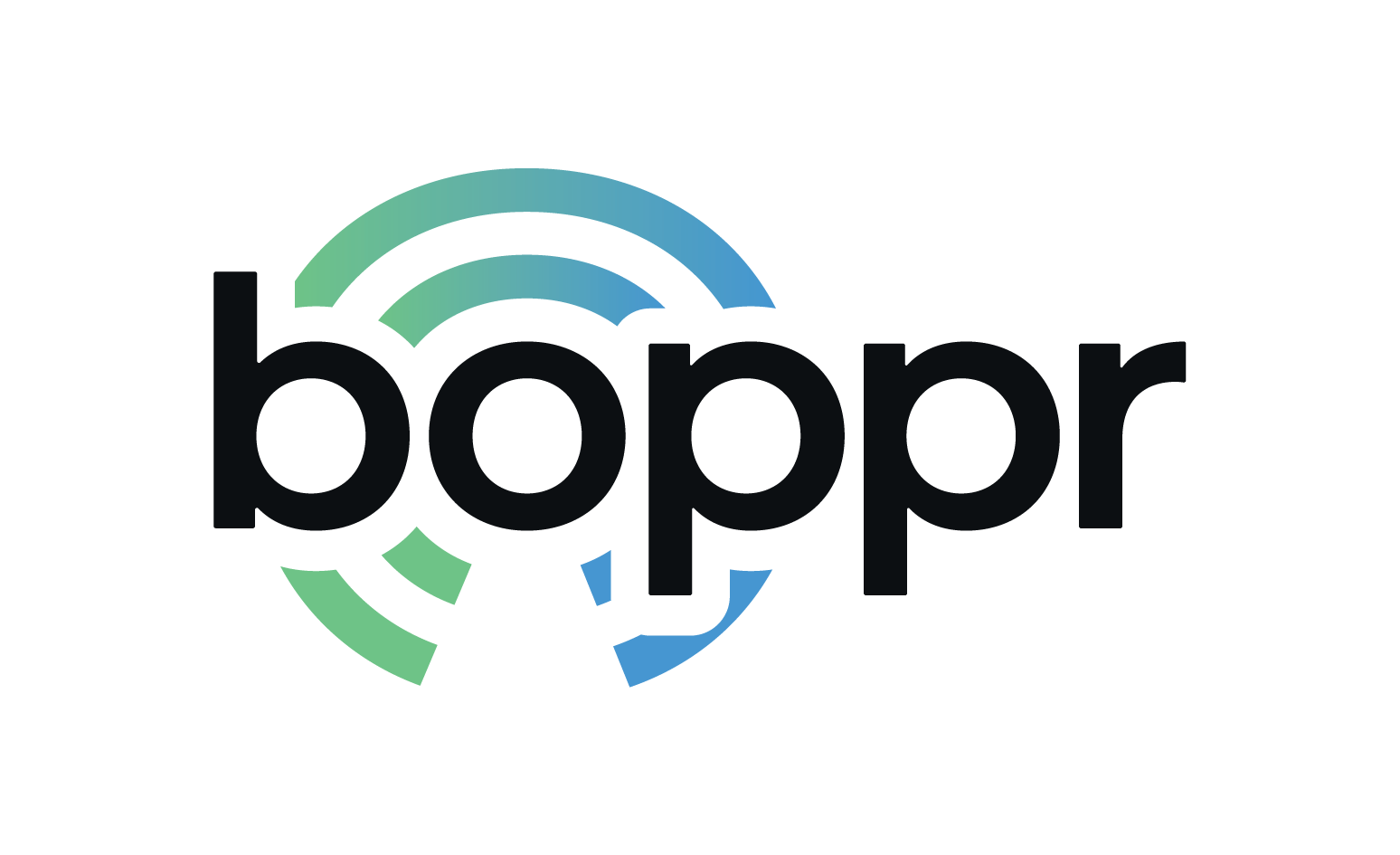No products in the cart.
Business
The Pros and Cons of Starting Your Own Business
Starting your own business can be an exciting and rewarding experience. It can also be a risky venture, with many potential pitfalls. Before taking the plunge, it is important to consider the pros and cons of starting your own business. This article will discuss the advantages and disadvantages of starting your own business, so that you can make an informed decision about whether it is the right choice for you.
The Financial Pros and Cons of Starting Your Own Business
Starting your own business can be a rewarding and exciting experience, but it is important to understand the financial pros and cons before taking the plunge. While there are many potential benefits to owning a business, there are also some financial risks that should be considered.
The primary financial benefit of starting your own business is the potential for increased income. When you own a business, you have the potential to earn more than you would in a traditional job. This is because you are in control of your own income and can set your own prices and fees. Additionally, you may be able to take advantage of tax deductions and other financial incentives that are available to business owners.
Another financial benefit of owning a business is the potential for long-term growth. When you own a business, you have the potential to grow your business over time and increase your income. This can be especially beneficial if you are able to reinvest your profits into the business and expand your operations.
However, there are also some financial risks associated with starting your own business. The most significant risk is the potential for financial loss. When you own a business, you are responsible for all of the costs associated with running the business, including payroll, taxes, and other expenses. Additionally, there is always the risk that the business may not be successful and you may lose money.
Finally, it is important to understand that starting a business requires a significant amount of time and effort. You will need to devote a significant amount of time to managing the business and ensuring that it is successful. Additionally, you may need to invest in marketing and advertising to attract customers and generate revenue.
Overall, starting your own business can be a rewarding and exciting experience, but it is important to understand the financial pros and cons before taking the plunge. While there are many potential benefits to owning a business, there are also some financial risks that should be considered.
The Benefits and Challenges of Being Your Own Boss
Being your own boss has its advantages and disadvantages. On one hand, it can be a rewarding experience that allows you to be in control of your own destiny. On the other hand, it can be a difficult and stressful endeavor that requires a great deal of dedication and hard work.
The primary benefit of being your own boss is the freedom and autonomy it provides. You are in charge of your own schedule, and you can make decisions that are best for your business. You also have the opportunity to pursue your own interests and passions, and you can create a business that reflects your values and goals. Additionally, you can reap the financial rewards of your hard work and dedication.
However, there are also some challenges associated with being your own boss. You are solely responsible for the success or failure of your business, and you must be willing to take risks and make difficult decisions. You must also be prepared to work long hours and make sacrifices in order to achieve success. Additionally, you must be able to manage your finances and resources effectively, and you must be able to market your business and attract customers.
Overall, being your own boss can be a rewarding experience, but it is not without its challenges. It requires dedication, hard work, and a willingness to take risks. However, if you are willing to put in the effort, you can reap the rewards of being your own boss.
The Pros and Cons of Working from Home vs. a Traditional Office
Working from home and working in a traditional office both have their advantages and disadvantages. It is important to consider the pros and cons of each before deciding which is the best option for you.
The Pros of Working from Home
One of the main advantages of working from home is the flexibility it offers. You can work when it suits you, and you don’t have to worry about commuting to and from the office. This can save you time and money, as well as reducing stress. Working from home also allows you to create a comfortable and productive workspace that suits your needs.
Another benefit of working from home is that you can avoid office distractions. You can focus on your work without the interruptions of colleagues or other office noise. You can also take regular breaks when you need them, without feeling guilty.
The Cons of Working from Home
One of the main disadvantages of working from home is the lack of social interaction. Working in an office environment allows you to build relationships with colleagues and collaborate on projects. Working from home can be isolating and can make it difficult to stay motivated.
Another disadvantage of working from home is that it can be difficult to separate work and home life. It can be tempting to take longer breaks or procrastinate when you are in the same environment as your home life. It can also be difficult to stay focused when there are other distractions around you.
The Pros of Working in a Traditional Office
One of the main advantages of working in a traditional office is the social interaction it offers. You can build relationships with colleagues and collaborate on projects. This can help to boost morale and productivity.
Working in an office also allows you to benefit from the expertise of colleagues. You can ask for advice and feedback on your work, which can help you to develop your skills.
The Cons of Working in a Traditional Office
One of the main disadvantages of working in a traditional office is the lack of flexibility. You have to work set hours and commute to and from the office, which can be time-consuming and expensive.
Another disadvantage of working in a traditional office is the distractions. It can be difficult to stay focused when there are other people around you, and office noise can be disruptive.
In conclusion, both working from home and working in a traditional office have their advantages and disadvantages. It is important to consider the pros and cons of each before deciding which is the best option for you.
The Pros and Cons of Outsourcing vs. Hiring Employees
Outsourcing and hiring employees are two distinct methods of obtaining labor for a business. Each has its own advantages and disadvantages, and it is important to understand the differences between the two before making a decision.
The primary advantage of outsourcing is cost savings. Outsourcing allows businesses to access specialized skills and services without having to pay the full cost of hiring an employee. This can be especially beneficial for businesses that need to complete a specific project or task but do not have the resources to hire a full-time employee. Additionally, outsourcing can help businesses reduce overhead costs, such as benefits and payroll taxes.
On the other hand, outsourcing can also be a disadvantage. Outsourced workers may not be as invested in the success of the business as employees, and they may not have the same level of commitment or loyalty. Additionally, outsourcing can be difficult to manage, as it requires businesses to coordinate with multiple vendors and ensure that all tasks are completed on time and to the desired quality.
Hiring employees, on the other hand, has its own advantages and disadvantages. The primary advantage of hiring employees is that they are more likely to be invested in the success of the business and have a greater commitment to the company’s goals. Additionally, employees can provide a more consistent level of service and can be more easily managed and trained.
However, hiring employees can be more expensive than outsourcing. Businesses must pay for salaries, benefits, and payroll taxes, which can add up quickly. Additionally, businesses must invest time and resources into recruiting and training employees, which can be a lengthy and costly process.
In conclusion, both outsourcing and hiring employees have their own advantages and disadvantages. Businesses should carefully consider their needs and resources before making a decision.
The Pros and Cons of Investing in Your Own Business vs. Investing in the Stock Market
Investing in your own business or in the stock market are both viable options for those looking to grow their wealth. Each option has its own advantages and disadvantages, and it is important to understand the pros and cons of each before making a decision.
The primary advantage of investing in your own business is that you have direct control over the decisions that are made. You can make decisions that are tailored to your own goals and objectives, and you can adjust your strategy as needed. Additionally, you can benefit from the potential for higher returns, as you are not limited to the returns of the stock market.
On the other hand, investing in your own business can be risky. You are responsible for all of the costs associated with running the business, and you may not have the resources to cover them. Additionally, you may not have the expertise or experience to make the right decisions.
The primary advantage of investing in the stock market is that it is relatively low risk. You are not responsible for the costs associated with running a business, and you can benefit from the potential for higher returns. Additionally, you can diversify your investments, which can help to reduce risk.
However, investing in the stock market can be risky as well. The stock market is unpredictable, and you may not be able to accurately predict the direction of the market. Additionally, you may not have the expertise or experience to make the right decisions.
Ultimately, the decision of whether to invest in your own business or in the stock market depends on your individual goals and objectives. It is important to consider the pros and cons of each option before making a decision.
Q&A
Q1: What are the pros of starting your own business?
A1: The pros of starting your own business include the potential for financial freedom, the ability to be your own boss, the potential to make a positive impact on the world, and the potential to create something unique and meaningful.
Q2: What are the cons of starting your own business?
A2: The cons of starting your own business include the potential for financial risk, the need to manage all aspects of the business, the potential for long hours and hard work, and the potential for failure.
Q3: What kind of skills do I need to start my own business?
A3: To start your own business, you will need a variety of skills, including financial management, marketing, customer service, and problem-solving. You will also need to be organized and have strong communication skills.
Q4: What kind of resources do I need to start my own business?
A4: To start your own business, you will need a variety of resources, including capital, a business plan, a website, and marketing materials. You may also need to hire employees or contractors, and you will need to find a suitable location for your business.
Q5: What are some of the risks associated with starting my own business?
A5: Some of the risks associated with starting your own business include financial risk, the potential for failure, and the potential for long hours and hard work. Additionally, there is the risk of not being able to find or retain customers, and the risk of not being able to compete with larger businesses.
Conclusion
Starting your own business can be a rewarding and exciting experience, but it also comes with a lot of risks and challenges. It is important to weigh the pros and cons carefully before taking the plunge. While the potential rewards of owning your own business can be great, it is important to be aware of the potential risks and challenges that come with it. With the right planning, research, and dedication, starting your own business can be a rewarding and successful venture.





